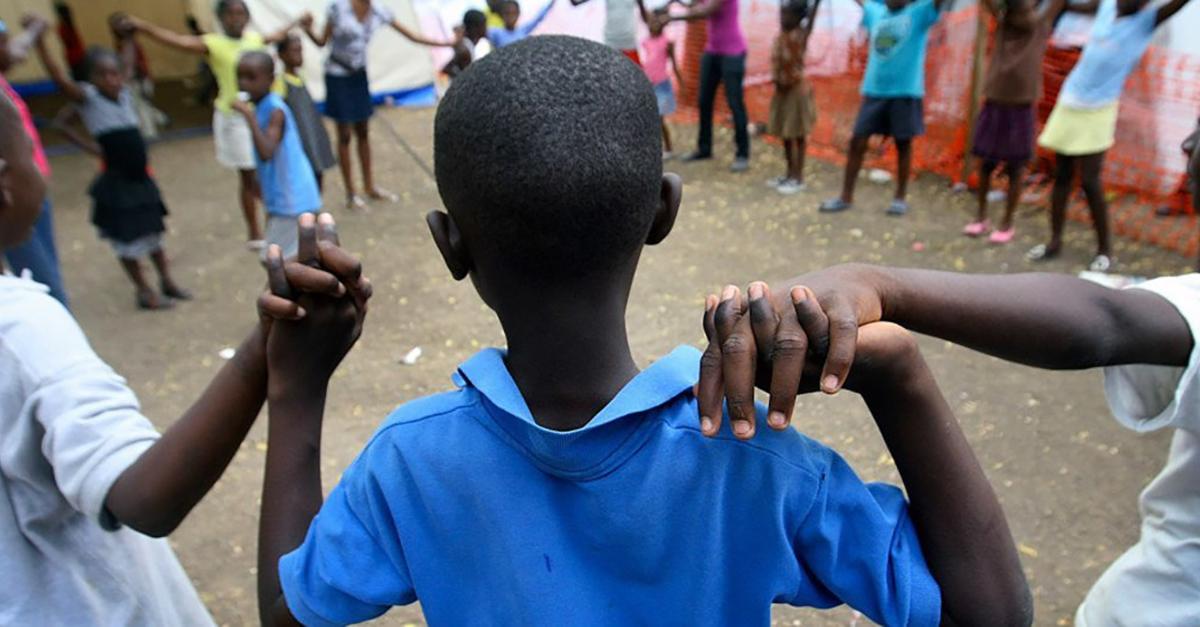More from UN DESA

ECOSOC events to look out for in June 2025
In June, the Economic and Social Council (ECOSOC) will convene a series of key meetings focused on humanitarian, development, and peacebuilding:
1. Management Segment: on 10-11 June at UN Headquarters in New York ECOSOC will take action on reports and recommendations of its subsidiary and related bodies and on economic, social, environmental, health and related matters in its agenda. Chaired by Ambassador Mr. Lok Bahadur Thapa (Nepal), Vice-President of the Council, the Management Segment will bring together Member States, Chairs of the ECOSOC functional commissions and expert bodies, and representatives of UN system entities. The programme will include a roundtable discussion on “Unity in Action: Accelerating SDG Implementation and Building a Better Future for All” on 11 June. It will focus on how to build on the recommendations in the Pact for the Future to further strengthen the role of ECOSOC in Sustainable Development Goals (SDGs) implementation and in building a more prosperous, sustainable and inclusive future.
The current President of ECOSOC, Mr. Bob Rae, and the Chair of the Peacebuilding Commission (PBC), Ms. Antje Leendertse, will convene a joint meeting of ECOSOC and the PBC on 11 June. It will focus on “Building and Sustaining Peace in Haiti” examining measures to address community-level peacebuilding and violence reduction in Haiti, including the role of women and youth. Participants will explore Disarmament, Demobilization, and Reintegration (DDR) efforts, provide socioeconomic opportunities, and engage international financial institutions in supporting these efforts. The outcomemwill be a joint informal summary by the ECOSOC President and the PBC Chair, highlighting the main conclusions and recommendations, focusing on peacebuilding and sustainable development efforts in Haiti.
2. Meeting on the Transition from Relief to Development: on 17 June in Geneva, immediately preceding the ECOSOC Humanitarian Affairs Segment. The meeting will be co-chaired by Ambassador Krzysztof Szczerski, Permanent Representative of Poland to the United Nations in New York, in his capacity as ECOSOC Vice-President of the Operational Activities for Development Segment, and Ambassador Maritza Chan-Valverde, in her capacity as ECOSOC Vice-President for the HAS. The theme is “Transition from Relief to Development: Driving solutions and addressing challenges for people in vulnerable situations in crisis contexts” and it will feature two panel discussions.
The first panel on “Advancing Durable Solutions for Internally Displaced Persons” will explore how humanitarian, development, and peacebuilding actors can collaborate more effectively to achieve durable outcomes in displacement-affected contexts amid diminishing resources. The second panel “Mobilizing partnerships, solutions and financing for affected countries and people in crisis contexts” will explore, with a particular focus on Haiti, the Sahel and South Sudan, how innovative financing mechanisms and expanded partnerships—including with IFIs, regional development banks, and the private sector—can better support countries and communities facing protracted crises.
3. Humanitarian Affairs Segment (HAS): from 18 to 20 June, will provide a key opportunity for Member States, the UN system, humanitarian partners, development actors, and the private sector to discuss current and emerging humanitarian challenges and priority themes and share experiences and lessons learned. The HAS will be chaired by Her Excellency Ambassador Maritza Chan-Valverde, Permanent Representative of Costa Rica to the United Nations in New York, in her capacity as the ECOSOC Vice-President for the HAS. The theme for the 2025 HAS is “Renewing global solidarity for humanity: saving lives, reducing suffering and mobilizing solutions for humanitarian action.”.
Four high-level panel discussions will be held during the HAS under the following themes: “The humanitarian reset: a dialogue with principals on the future of humanitarian action”; “The humanitarian consequences of armed conflict: promoting respect for and good practices in the application of international humanitarian law”; “Mobilizing and adapting humanitarian financing for an effective and efficient response”; “Reimagining the humanitarian system: innovative models to save lives, reduce suffering and promote peoples’ resilience and livelihoods”.
Photo credit: UN-Sophia Paris
 Welcome to the United Nations
Welcome to the United Nations